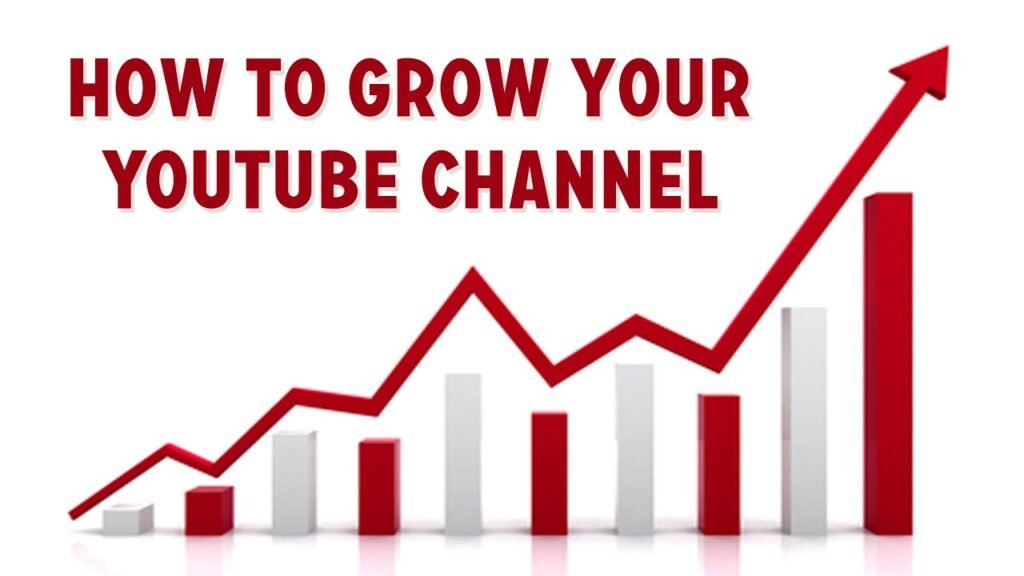Introduction
In today’s fast-paced digital landscape, data is the new fuel, and predictive analytics is the engine that turns it into power. Digital marketers no longer rely solely on historical data or gut feeling to make campaign decisions. With predictive analytics, they can foresee outcomes, personalize strategies, and significantly improve ROI.
This blog explores what predictive analytics is, how it transforms digital campaigns, and the tools and techniques to implement it effectively in 2025.
What is Predictive Analytics?
Predictive Analytics is a data-driven technique that uses machine learning, AI, and statistical algorithms to forecast future outcomes based on historical data.
In digital marketing, it helps to:
- Predict customer behavior
- Forecast campaign success
- Identify high-converting segments
- Automate ad optimization
- Minimize customer churn
✅ In short: it turns “what happened” into “what will happen.”
Applications of Predictive Analytics in Digital Campaigns
1. Audience Targeting & Segmentation
Predictive models analyze user demographics, browsing behavior, and past interactions to create micro-segments. This allows:
- Hyper-personalized ads
- Lookalike audience creation
- Accurate lead scoring
➡️ Example: A D2C skincare brand uses predictive analytics to identify high-lifetime-value female users aged 25–35 who are likely to repurchase within 30 days.
2. Dynamic Content Personalization
Based on real-time and past data, predictive engines can show personalized messages, product recommendations, or offers.
- Predict next product a customer might purchase
- Recommend blog content or email subject lines based on interest
- Trigger retargeting ads based on bounce or abandonment behavior
➡️ Example: Netflix uses predictive algorithms to suggest movies based on viewing history—marketers can apply the same principle to ecommerce.
3. Ad Spend Optimization
Predictive models can forecast which keywords, creatives, or channels will perform best before the campaign even begins.
This helps:
- Allocate budget efficiently
- Reduce CPC/CPA
- Maximize conversions
➡️ Example: Google’s Smart Bidding and Meta’s Advantage+ campaigns use predictive algorithms to drive better ROAS.
4. Churn Prediction & Retention Campaigns
By analyzing behavioral signals (reduced logins, cart abandonment, lower engagement), marketers can identify users likely to churn and run proactive campaigns.
Tactics include:
- Personalized email re-engagement
- Push notifications with incentives
- Custom loyalty offers
5. Predictive Lead Scoring
Assigning scores to leads based on:
- Past engagement
- Website activity
- Email open/click patterns
- CRM data
Enables sales teams to prioritize high-conversion leads and nurture them strategically.
➡️ Tool example: HubSpot’s Predictive Lead Scoring (AI-based)
Benefits of Predictive Analytics in Digital Marketing
✅ Increases campaign accuracy
✅ Reduces cost and time waste
✅ Enhances personalization
✅ Improves customer experience
✅ Elevates marketing ROI
✅ Empowers data-driven decision making
Popular Tools for Predictive Analytics in Marketing
| Tool | Best For |
|---|---|
| Google Analytics 4 | Predictive audiences & user insights |
| HubSpot CRM | Predictive lead scoring |
| Salesforce Einstein | AI-powered predictive marketing |
| Adobe Sensei | Personalized content delivery |
| Marketo Engage | Behavior-based predictive engagement |
| Zoho CRM Plus | Funnel forecasting and segmentation |
| ChatGPT with API | Custom predictive model creation |
Challenges in Implementing Predictive Analytics
While the benefits are vast, there are challenges too:
- Data quality issues
- Privacy & compliance risks (GDPR, CCPA)
- High learning curve
- Integration complexity with legacy systems
- Over-reliance on AI without human validation
✅ Solution: Start with small pilot campaigns, clean datasets, and ethical use policies.
Future of Predictive Analytics in Digital Campaigns
In 2025 and beyond, we’ll see:
- Real-time predictive insights integrated into ad dashboards
- AI agents making autonomous ad-buying decisions
- Voice & vision AI predictions for search and social
- Privacy-focused models like Federated Learning
Predictive analytics won’t just support campaigns—it will run them.
Conclusion
Predictive analytics is no longer optional—it’s essential. It allows digital marketers to move from reactive strategies to proactive ones, transforming every touchpoint into an opportunity to convert, retain, and delight.
As data grows and AI matures, those who master predictive marketing will lead the game in personalization, profitability, and performance.
🔗 TechsterTech Can Help You Predict Success
Want to integrate predictive analytics into your digital campaigns?
👉 Visit TechsterTech.com for advanced data analytics services, AI-powered marketing tools, and custom dashboards to supercharge your growth.



